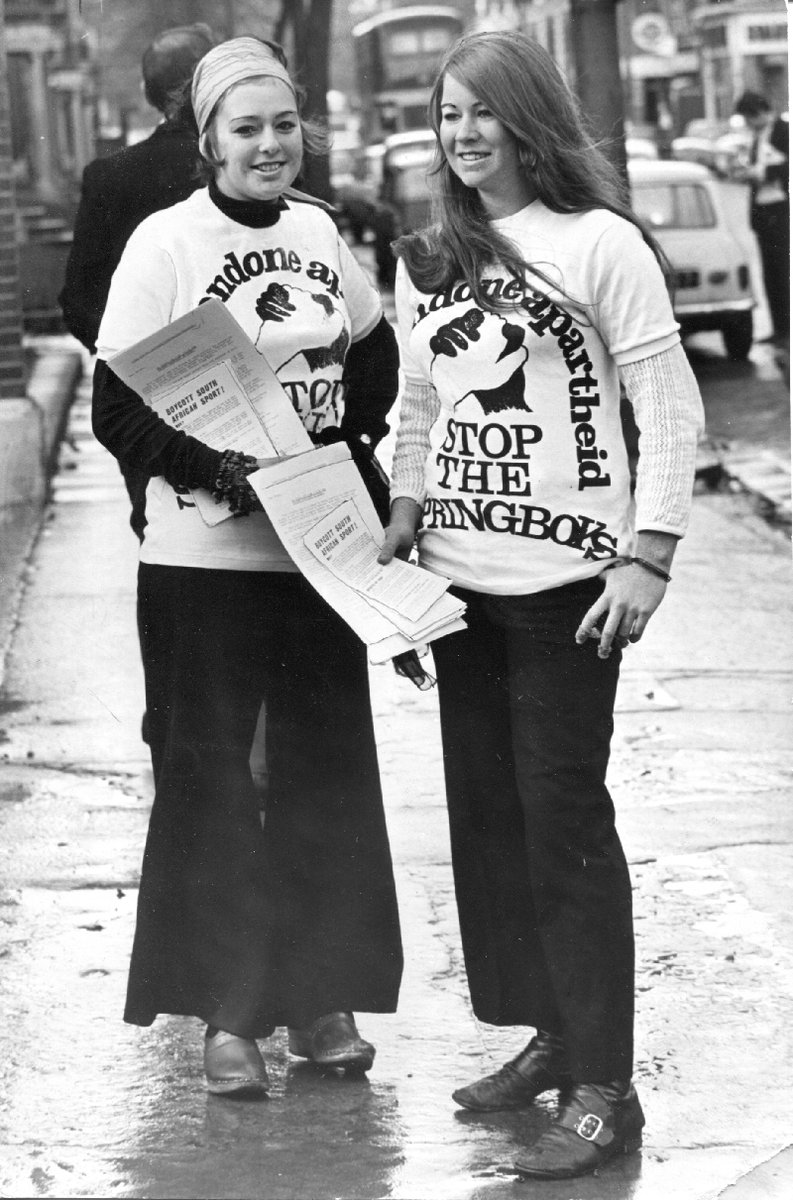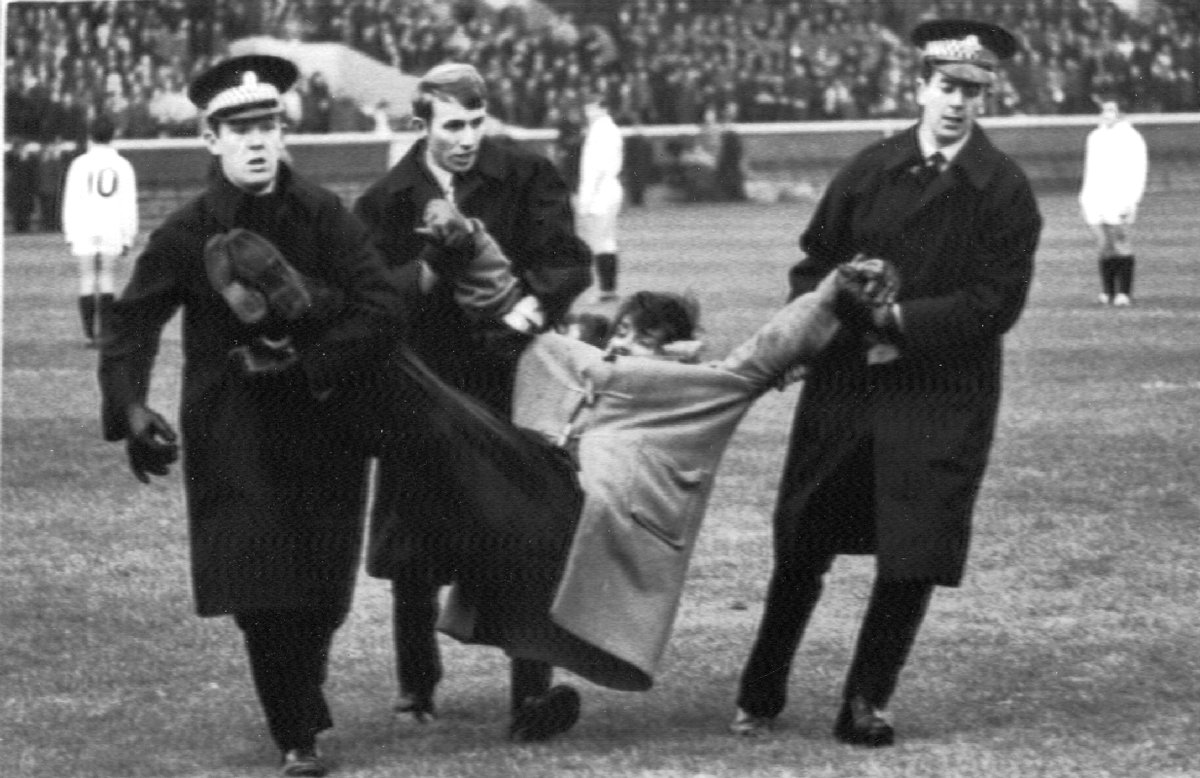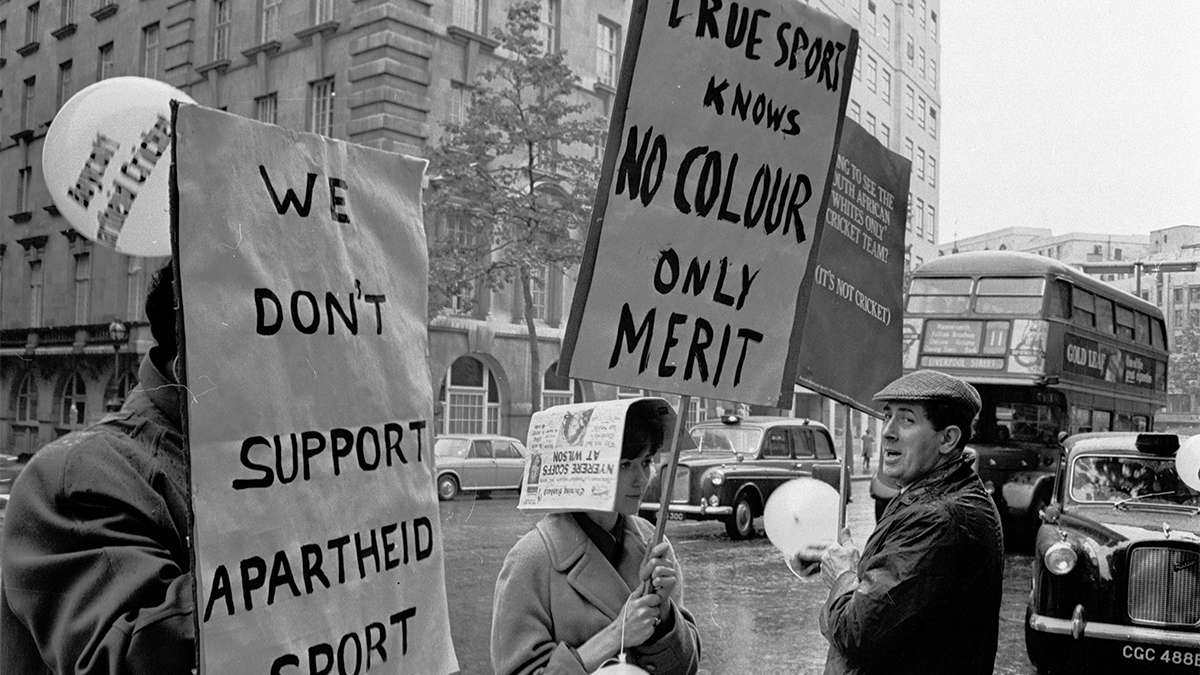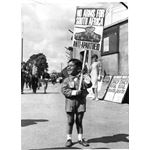
He has racked his brain about the case of Stephen McCarthy since seeing it mentioned in the Bundle but remembers very little. Barr asked him about paragraph 4 of this report.
ucpi.org.uk/publications/s…
ucpi.org.uk/publications/s…
There is another report [MPS 739847] of an INLSF meeting which them Inquiry has now published:
ucpi.org.uk/publications/s…
He does not recall any of these events, or the reactions of his managers.
ucpi.org.uk/publications/s…
He does not recall any of these events, or the reactions of his managers.
He wasn't given any advice on reporting on justice cases and campaigns like this (that involved complaints vs the police).
However he said that he felt he had a duty to give a 'heads up' to the uniformed police if he became aware of any potential public order issues.
However he said that he felt he had a duty to give a 'heads up' to the uniformed police if he became aware of any potential public order issues.
We then saw [MPS 739317] about another INLSF meeting: ucpi.org.uk/publications/s…
He was asked about the connections between the INLSF and the Black Unity Freedom Party (BUFP), and other groups.
He was asked about the connections between the INLSF and the Black Unity Freedom Party (BUFP), and other groups.
He doesn't remember all the demonstrations he attended, but according to HN347, he would have gone out on a demonstration if Davoren had instructed the group to do so.
He said that Davoren was very much “the boss” of the group.
He said that Davoren was very much “the boss” of the group.
He didn't know anything about the Chinese Legation, but knew that many members of the group were Maoists so wouldn't be surprised about any links with China.
He then made the astonishing assertion that Davoren would have joined the National Front if he thought they would make him leader, “because that's all he was interested in”.
Asked if the group cooperated with the police, HN347 said “well, I was there” <#spycops 'joke' alert>
He said they were small demonstrations.
He said they were small demonstrations.
Barr asked him if they would have caused any public order problems for the police if he hadn't infiltrated the group?
HN347 said the group “would have died a death eventually”.
HN347 said the group “would have died a death eventually”.
He realised that this meant there was little justification for infiltrating them, so was quick to add that it was really important that the police kept an eye on such groups 'just in case'.
He was not part of any delegation to Ireland, and didn't know much about it until recently. He thinks this is because he wasn't in the “inner core” of the group.
He doesn't recall learning anything about the contact between the IRA and the INLSF, and reckons the Provisional IRA wouldn't have had much time/ respect for the INLSF in any case.
the #spycopsinquiry then took a 15 minute break...
the #spycopsinquiry then took a 15 minute break...
HN347 was accused of being a police officer on one occasion.
Barr refers to various documents dating back to 1971 – there was an 'emergency conference' of the INLSF at the end of June
Barr refers to various documents dating back to 1971 – there was an 'emergency conference' of the INLSF at the end of June
Prior to this two members of the inner circle had been expelled, and a paper had been circulated within the group
A few members walked out of the group at that emergency meeting.
A few members walked out of the group at that emergency meeting.
Members of the BUFP were also present at this 'emergency conference', but possibly just as observers?
His recollection of that meeting is that Davoren stated that O'Neill (“and perhaps a chap called Rose” - HN347 alleges that O'Neill and Rose had followed him along Edgeware Rd once)
had accused 'Alex Sloan' of “being a pig”
had accused 'Alex Sloan' of “being a pig”
He doesn't remember reporting being followed, but thinks he would have phoned his managers about this.
When this accusation was made, he thinks he was sitting in the circle. He got angry and threatened someone – Barr asked if this anger was real or feigned – it was feigned, says HN347.
He remembers threatening O'Neill and saying something along the lines of “don't you ever say that about me again”.
He made a comment first about not wishing to incriminate himself, and Barr explained that he didn't need to fear that, due to an 'undertaking'.
He made a comment first about not wishing to incriminate himself, and Barr explained that he didn't need to fear that, due to an 'undertaking'.
He says that after the meeting, he went out for some food with Ed Davoren and a few others, and Davoren told him “I never once thought you were a pig Alistair”
<nb: not 'Alex'>
<nb: not 'Alex'>
Barr then referred to this as 'dinner' with Davoren and the former spycop corrected him: “I wouldn't go as far as dinner. It might have been a McDonalds or something”.
Barr asked if HN347 had ever tried to influence the politics of the group?
What could I do to destabilise Ed Davoren?
No” he strongly refuted this suggestion.
What could I do to destabilise Ed Davoren?
No” he strongly refuted this suggestion.
He says that he didn't even realise there was a split of some kind between O'Neill and Davoren until that date.
Does he know if members of the group researched his background? No idea, says HN347.
Does he know if members of the group researched his background? No idea, says HN347.
Next report is from August 1971 – about the INLSF mailing list. Barr asked if he was ever given praise for this.
“I don't think I ever had any praise in my police service” chuckled HN347.
“I don't think I ever had any praise in my police service” chuckled HN347.
Barr asked why there was such a delay between his withdrawal (at the end of June) and the report of the emergency conference (dated 16th July) and this report being produced (in August) - “I honestly do not know”.
This is the August report: ucpi.org.uk/publications/s…
The next question concerned the case of a women being held in Holloway Prison while her Home Office case was being appealed. HN347 does not remember being tasked to gather information about her case, and thinks he just included the info because he heard about it at a meeting.
He was asked if he ever felt that he was being asked to report on groups when this wasn't really 'necessary'.
He said that he tried to provide a clear picture of the groups that he spied on through his reports, and presumed that his managers would make decisions about which groups needed to be targeted.
He did have some worries after his identity was compromised – what if someone attacked/ assaulted him? He says his managers didn't give him any advice about what to do if he was ever confronted about his role as one of the #SpyCops
HN347 remembers fellow #spycops officer Mike Fergusson, but does not remember hearing much from him about the campaign groups that he was sent to spy on (the anti-apartheid Stop the Seventy Tour campaign etc)
Barr explained that this SST campaign ran from late 1968 until early 1970., and the anti-apartheid movement obviously continued through the 1970s and 80s.
HN347's evidence ended there. We took a ten-minute break in case anyone wanted to submit more questions for him, but there weren't any.
Mitting thanked 'Alistair'/ 'Alex' for giving evidence, adding “it is fascinating to me listening to honest witnesses describing unusual events 50 years ago from slightly different points of view. It brings them to light in a way that things on paper don't”
Today's hearing ended.
Today's hearing ended.
It is noticeable that Mitting has not thanked any of the non-State witnesses for their honesty
#SpyCopsInquiry
#SpyCopsInquiry
• • •
Missing some Tweet in this thread? You can try to
force a refresh








